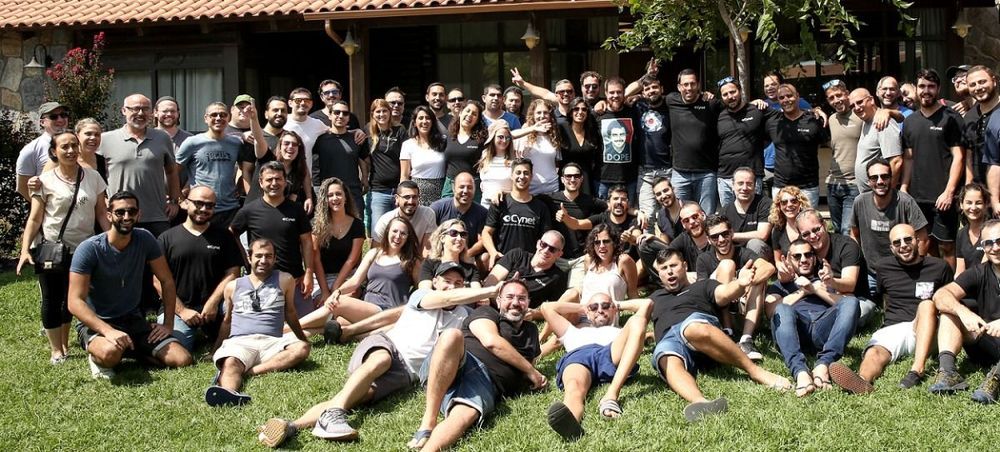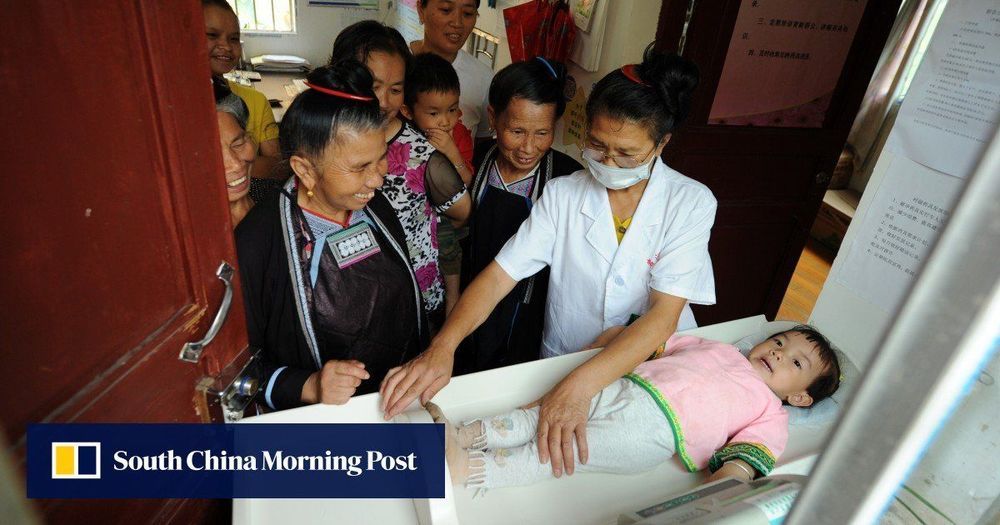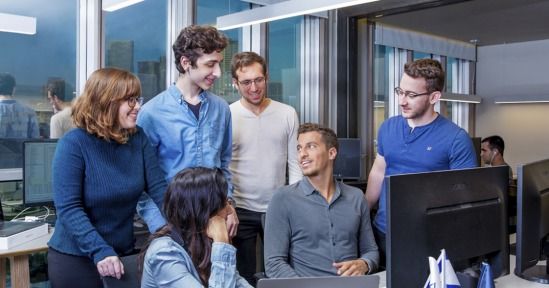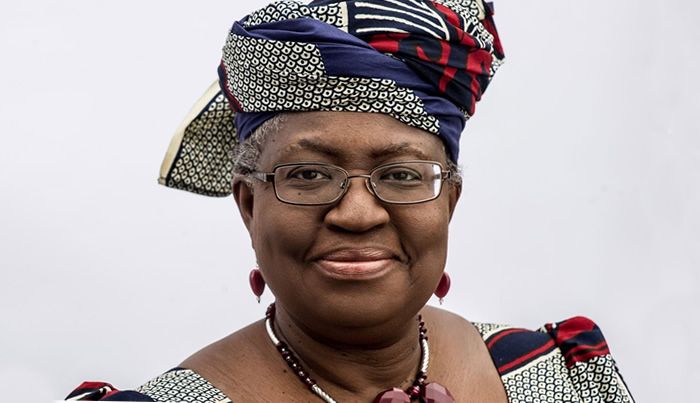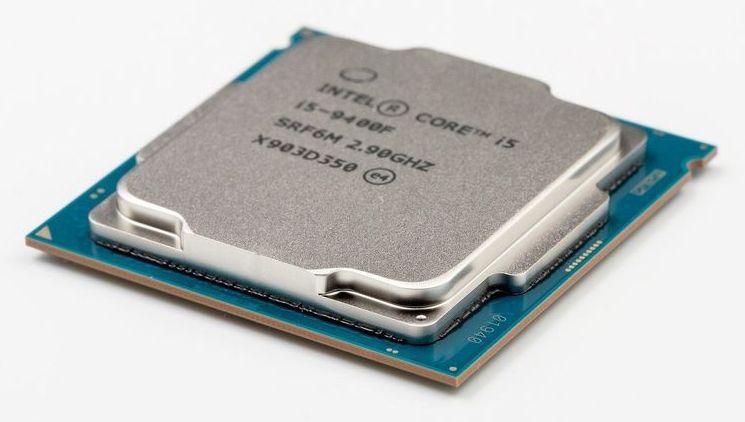Jul 3, 2020
Stablecoins: The Next Gold Rush? – Article
Posted by Ian Hale in categories: bitcoin, finance
What money should be has been explored by more than one economist. What it is, strange as it may sound, is also up for debate. Yet amidst these disputes, practical and abstract, there is consensus.
At this time the entire crypto market is valued between 380 and 560 billion USD. The value of all the world’s stocks is around 70 trillion USD. The daily volume of the Forex is 5.1 trillion USD. Despite the excitement it periodically sparks in mass media and high finance circles, crypto is barely a drop in the bucket.
As I stated in my response to Robert Shiller’s critique of Bitcoin, tokenization is a means of dividing an asset. Tokenization, easily dividing an asset among stakeholders, is a strength of blockchain technology. Tokens can represent abstract entities issued on the blockchain, but they can also be tethered to a piece of real estate, a work of art, a trademark, or a freighter of Chilean copper.

